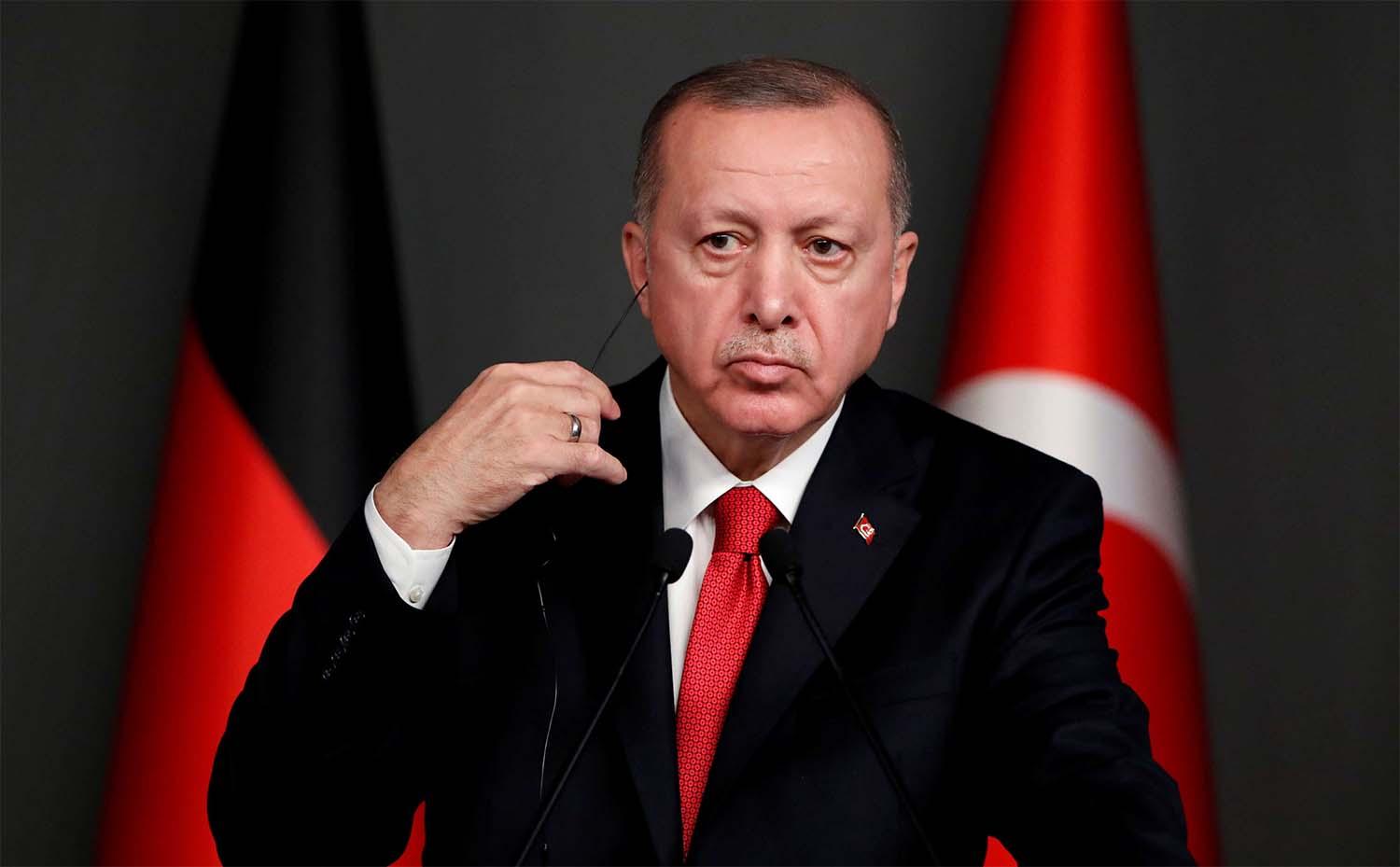A conflict that goes back almost a millennium, in a region few Canadians could locate on the world map, has forced Ottawa to choose sides between Turkey and Armenia. Notwithstanding centuries of conflict between medieval Iran, the Turkish Caliphate and Tzarist Russia, Armenia has the distinction of being the Middle East’s only Christian country.
On its west, Armenia shares a border with Turkey, home to the unforgivable Armenian Genocide of 1915 that killed or uprooted a million, driving them to death, scattering them across the globe, some as far away as Kolkata, India and Boston, while others took refuge in Turkey’s Arab colonies.
In 1918, after the end of the First World War, Christian Armenia and its eastern neighbour Azerbaijan (Shia Turks) both joined the USSR as Soviet Socialist Republics. During the Second World War, tens of thousands of Armenians and Azeris fought side-by-side in the Red Army to successfully stop the Nazi Wehrmacht from reaching the oil-rich Caspian Sea port city of Baku.
Today we are back to square one with both Armenia and Azerbaijan trying to exert power in Nagorno-Karabakh, an Armenian-populated enclave surrounded by Azerbaijan.
Since then, Nagorno-Karabakh has legally been part of Azerbaijan, but only in name. The population has refused to accept Azeri rule and have the backing of the Armenian government.
Considering the fate of non-Muslims or minority Muslims in Islamic countries, one cannot blame the people of Nagorno Karabakh for refusing to live as non-Muslims under Muslim Azerbaijan.
Case in point being Black Muslim Darfuris facing genocide by Arab Janjaweed of Sudan; Muslim Kurds being subjugated by Muslim Turkey; Balochistan’s 50,000 ‘enforced disappearances’ by a Muslim military, and the suffering of Christians and Hindus in Islamic Pakistan. The list goes on and on.
The two sides fought a war that ended in 1994. Negotiations between Armenians in the enclave and Azerbaijan went on for decades but never resulted in a peace treaty.
That is until July this year when Turkey egged its fellow Turks in Azerbaijan to launch an attack on Nagorno-Karabakh, whose residents refer to the territory as the Republic of Artsakh.
As the clashes between both sides took shape in a land and air war, all major nations called for an immediate ceasefire, except Turkey that opened its borders to let Syrian and Pakistani jihadi fighters to join the ranks of the Azeri Turkish regular army.
However, Islamabad has denied reports that its forces are deployed inside Azerbaijan.
Turkey’s Erdogan denounced the call for a ceasefire and, according to reports, has lent its US-supplied F-16s to Azerbaijan’s forces along with drones that are equipped with Canadian technology.
This forced Ottawa to act. On October 5, Foreign Affairs Minister Francois-Philippe Champagne halted all military export permits to Turkey.
The reaction by Turkey was swift. The foreign ministry in Ankara accused Ottawa of “double standards” arguing: “There is no explanation for blocking defence equipment exports to a NATO ally while.”
NATO ally? That’s quite rich for Turkey’s pan-Islamists to invoke NATO as their defence.
The only role Turkey has played in NATO since the collapse of the USSR is that of a Fifth Column. A country that has been a conduit for ISIS jihadis, the Muslim Brotherhood. A country that deploys refugees to threaten Europe and Greece while occupying Cyprus and festering war in Libya, is no NATO ally.
Time has come for Canada to ask for Turkey’s expulsion from NATO. Turkey is a menace to Greece, Cyprus, Egypt, Syria and Libya. It has eyes on Bulgaria, Rumania and the Balkans, which it had to relinquish in the Lausanne Treaty that is approaching its centennial.
Don’t be surprised if Erdogan annuls the century-old treaty to re-establish the Ottoman Caliphate that will make Central Asia its Turkic backyard after Armenia, the only obstacle, is eliminated.

